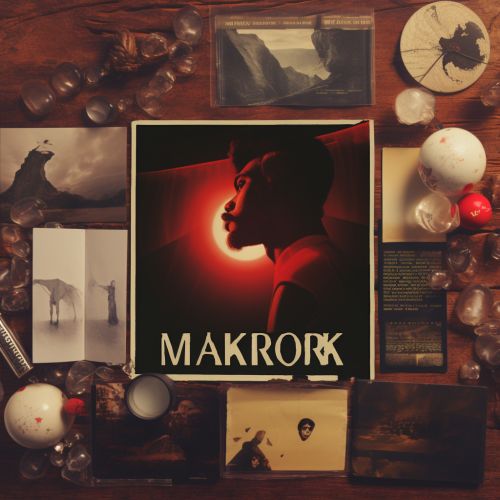Marko
Origins and Etymology
The name "Marko" is of Latin origin, derived from the name Marcus. The name Marcus itself has roots in ancient Rome, where it was used extensively among the patrician class. The name is believed to be related to Mars, the Roman god of war, and was often given to boys born in March, the month named after the god. The name Marko is common in various forms across many cultures, including Italian (Marco), Spanish (Marcos), and English (Mark).


Popularity
The name Marko has been popular in various forms throughout history. In the United States, the name Mark has consistently ranked among the top 200 most popular names for boys since the 1880s. In other countries, such as Italy and Spain, the variations Marco and Marcos have also remained popular. In Eastern Europe, particularly in countries like Serbia, Croatia, and Slovenia, Marko is a very common name.


Notable People Named Marko
There have been many notable people throughout history named Marko. Some of these include Marko Marulić, a Croatian poet and humanist who is considered the father of the Croatian Renaissance; Marko Miljanov, a Montenegrin general and writer; and Marko Stanković, an Austrian footballer.


Cultural References
The name Marko has appeared in various forms in popular culture. In literature, Mark Antony is a character in William Shakespeare's play "Julius Caesar". In film, Marko is a character in the 1987 vampire film "The Lost Boys". In music, Marko Saaresto is the lead vocalist of the Finnish rock band Poets of the Fall.


Variations
There are many variations of the name Marko in different languages. Some of these include Marek in Polish, Markus in German, Marc in French, and Márk in Hungarian. The name has also been feminized in some cultures, such as Marcella in Italian and Marcy in English.


